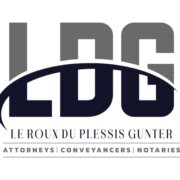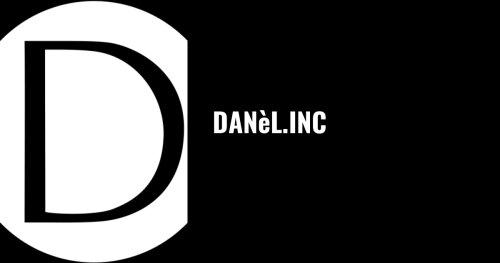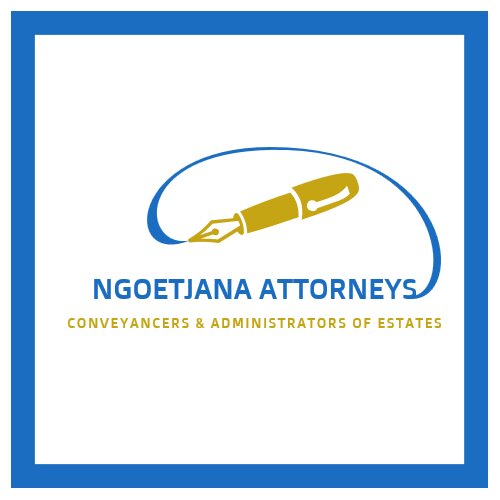Best Foreclosure Lawyers in Centurion
Share your needs with us, get contacted by law firms.
Free. Takes 2 min.
Free Guide to Hiring a Real Estate Lawyer
List of the best lawyers in Centurion, South Africa
About Foreclosure Law in Centurion, South Africa
Foreclosure, locally referred to as legal repossession, is a process where a lender takes possession of a property due to the owner’s failure to keep up with mortgage repayments. In Centurion, as in the rest of South Africa, foreclosure is governed by specific legal procedures and protections for both homeowners and lenders. This process usually involves the sale of the property to recover the outstanding debt on the home loan. The law seeks to balance the rights of creditors to recover money owed with the rights of homeowners to fair treatment and protection against unfair eviction.
Why You May Need a Lawyer
Foreclosure involves complex legal steps and can have serious consequences for homeowners. You may need a lawyer in situations such as:
- You have received notification that foreclosure proceedings may start
- You are struggling to pay your bond and want advice on your rights and options
- You believe your bank or lender has not followed correct legal procedures
- You intend to negotiate a payment arrangement or settlement with your creditor
- You wish to oppose or delay the foreclosure process
- Your property is scheduled for a sheriff's auction or sale in execution
- You want to understand how foreclosure could affect your credit record and future finances
- You want to challenge any unfair charges or terms in your mortgage agreement
- You require assistance with reviewing documents and court notices received
- You are a guarantor or co-owner impacted by the foreclosure process
Local Laws Overview
South African foreclosure law is primarily shaped by the National Credit Act (NCA), the Rules of Court, and the Constitution. In Centurion, which forms part of Gauteng Province, the local High Court commonly oversees foreclosure cases. Key elements of foreclosure law include:
- Banks or credit providers must follow strict legal steps before foreclosure, including contacting the borrower and offering alternative repayment options
- Legal proceedings typically start when a bank applies to the High Court for a judgment declaring the property executable
- The court has discretion to refuse foreclosure if it finds the process unfair or the bank failed in its obligations to the owner
- A sale in execution (public auction) can only happen after a court order is granted
- The process is subject to Constitutional protections for housing, ensuring fairness and due process for homeowners
- Reinstatement and restructuring of the loan might be possible before final sale
Frequently Asked Questions
What is foreclosure?
Foreclosure is the legal process by which a bank or other lender reclaims a property because the borrower has not kept up with mortgage payments.
Can I stop the foreclosure process once it has started?
Yes, you can often stop or delay foreclosure by settling outstanding arrears, reaching a repayment agreement, or challenging the process if proper procedures were not followed.
Do I have to move out as soon as I receive a foreclosure notice?
No, you do not have to leave immediately. Eviction can only occur after a court order, and the process allows time for you to respond and seek legal advice.
What are my rights during the foreclosure process?
You have a right to be notified in writing, to be offered alternatives, to be heard in court, and to fair and reasonable treatment throughout.
How can a lawyer help me with foreclosure?
A lawyer can review your situation, explain your rights, negotiate with your lender, and, if needed, defend you against court action.
What happens if my property is sold for less than I owe?
If the sale does not cover your outstanding loan, you may still owe the difference unless your lender waives this in writing or the court rules otherwise.
Can I recover my home after foreclosure?
It is possible, under certain conditions, to reinstate your bond before the sale is completed by settling the overdue amounts plus costs. After the sale, options are extremely limited.
How long does the foreclosure process take in Centurion?
The timeline varies but can take several months, depending on legal procedures, court schedules, and whether the borrower contests the process.
Will foreclosure affect my credit record?
Yes, foreclosure will negatively impact your credit record and may affect your ability to obtain credit in the future.
What should I do if I receive a summons or foreclosure notice?
Act quickly - seek legal advice as soon as possible. Do not ignore the notice, as timing is crucial to protecting your rights.
Additional Resources
For more information or assistance, you can contact:
- The National Credit Regulator (NCR) - Offers guidance on credit rights and complaints
- The South African Human Rights Commission (SAHRC) - Addresses cases involving the right to housing
- The Legal Aid South Africa - Provides legal assistance to those who cannot afford a lawyer
- The Law Society of South Africa - Provides a directory of attorneys in Centurion and Gauteng
- The Gauteng High Court in Pretoria - Handles local foreclosure matters and court queries
- Debt counselling services - Can help with restructuring and negotiating debt
Next Steps
If you are facing possible foreclosure in Centurion:
- Read any notices or legal papers carefully and respond within the required timeframes
- Gather all relevant documents, such as your mortgage agreement and correspondence from your lender
- Contact a qualified attorney or legal aid office with experience in foreclosure matters for guidance
- Discuss possible solutions, such as alternative payment arrangements, mediation, or bond reinstatement, with your lawyer
- Attend any court hearings with legal representation to protect your rights
- Stay informed about all deadlines and actions required on your part
Lawzana helps you find the best lawyers and law firms in Centurion through a curated and pre-screened list of qualified legal professionals. Our platform offers rankings and detailed profiles of attorneys and law firms, allowing you to compare based on practice areas, including Foreclosure, experience, and client feedback.
Each profile includes a description of the firm's areas of practice, client reviews, team members and partners, year of establishment, spoken languages, office locations, contact information, social media presence, and any published articles or resources. Most firms on our platform speak English and are experienced in both local and international legal matters.
Get a quote from top-rated law firms in Centurion, South Africa — quickly, securely, and without unnecessary hassle.
Disclaimer:
The information provided on this page is for general informational purposes only and does not constitute legal advice. While we strive to ensure the accuracy and relevance of the content, legal information may change over time, and interpretations of the law can vary. You should always consult with a qualified legal professional for advice specific to your situation.
We disclaim all liability for actions taken or not taken based on the content of this page. If you believe any information is incorrect or outdated, please contact us, and we will review and update it where appropriate.












